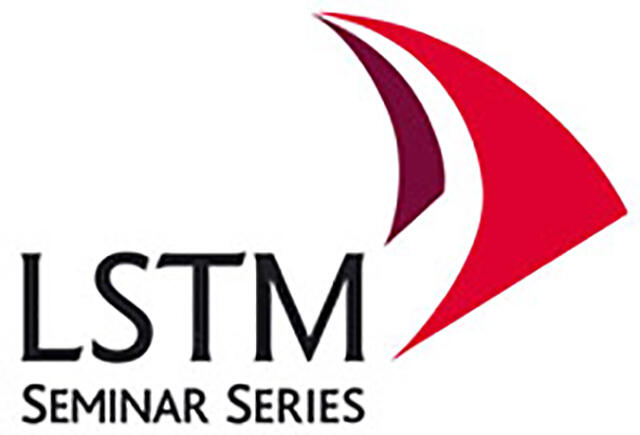
LSTM’s seminar series continued this week with Dr Rory Gosling, Associate Professor of Epidemiology and Biostatistics at the University of California, San Francisco (UCSF) Department of Epidemiology and Biostatistics.
Dr Gosling also serves as the Lead of the UCSF Global Health Group’s Malaria Elimination Initiative. This initiative provides intellectual and practical support to countries around the world that are pursuing a goal of malaria elimination.
An overview of the Global Health Group was given in the presentation, confirming the identity of the Group as an ‘Action Tank’ rather than a Think Tank’. The Malaria Elimination Initiative recently received $2.6m grant from the Bill and Melinda Gates Foundation, to support the launch of two new exciting areas of focus. Firstly, examining the clinical efficacy of the antimalarial drug primaquine in low endemic settings. Secondly, launching innovative operational research to develop and test cost-effective tools and approaches for improving malaria surveillance in low-endemic settings.
The initiative believes that malaria elimination is possible, with many countries becoming malaria free over the course of the 20th century. However the disease remains prevalent in large areas of Africa, South America and Asia. To achieve elimination, it is necessary to decrease the burden of the disease and interrupt transmission, preventing re-introduction.
Supported by the Global Health Group, the Asia Pacific Malaria Elimination Network is a network of country managers responsible for eliminating malaria. Working together the members have a stronger platform to campaign for funding, share information, build their programme capacity and generate an evidence base for elimination. A number of case studies were presented, including Bhutan, where cross-border movement is of greatest concern.
The operational research agenda for the group includes a project looking at malaria hotspots, places within villages where cases of malaria can be traced to. Those people tend to be bitten by infected mosquitoes in their workplaces, such as forests, which act as breeding ground for malaria carrying mosquitoes.
Attached to the Group is the Economics and Financing Working Group, which is working with governments to encourage them to invest in malaria elimination, recommending the continued investment in monitoring to flag-up any resurgence of the disease. Complementing this area is a great deal of work on communications and advocacy, with the convening groups of experts, conferences to discuss policy and evidence dissemination.
Dr Gosling and the Global Health Group are keen to collaborate further with LSTM, including the creation of a roadmap for a package of options for mass drug administration of primaquine for malaria treatment in low doses and developing a tool for monitoring drug safety and efficacy of low doses of primaquine.
Updates on forthcoming seminars can be found on LSTM’s events page.